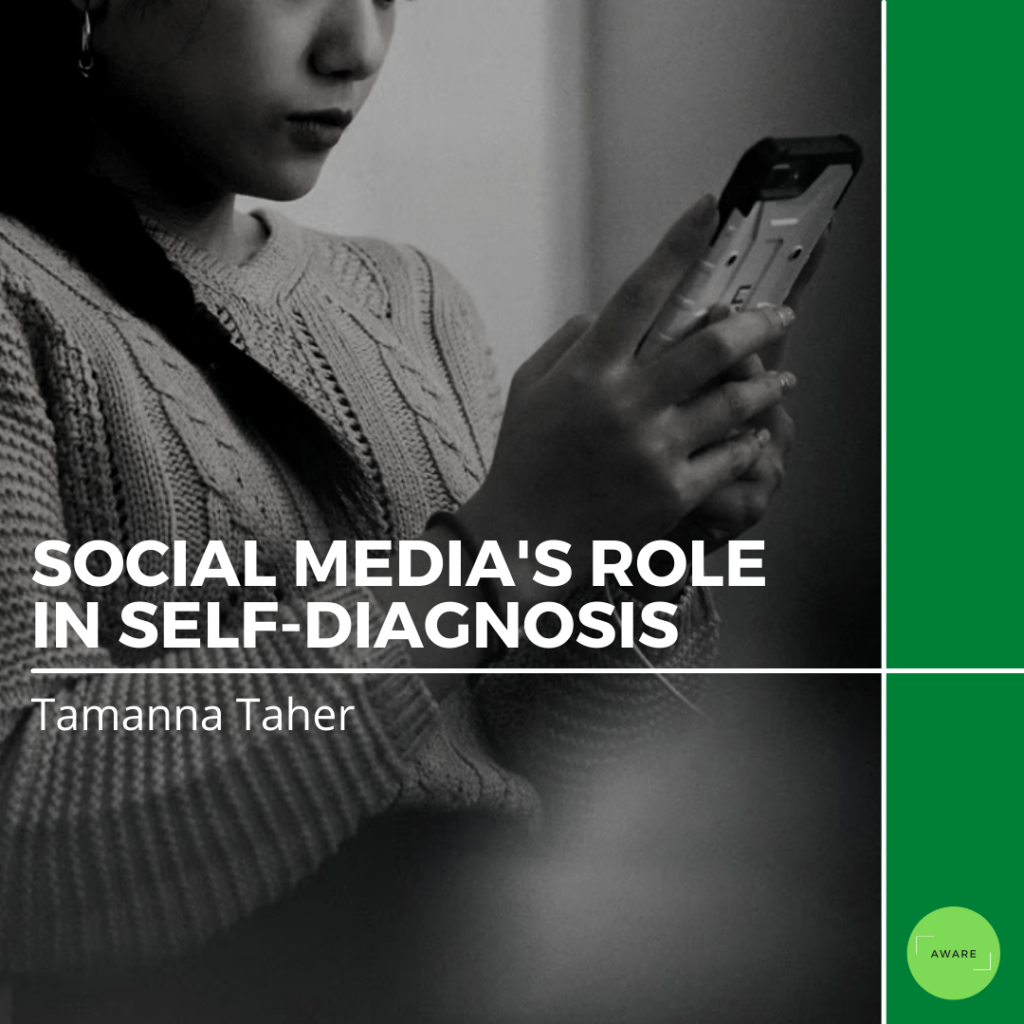Many of us have been there – it is late in the afternoon, and you have a laptop perched on the table in front of you and happen to have a splitting headache and nausea for no apparent reason. The idea seems harmless although it is not without consequence – you google your symptoms. This moment probably culminates in having formed some anxiety about having a serious illness. Hopefully, you remind yourself that you are probably not a professional. Soon, you forget about this self-diagnosis and move on. Other times, this self-diagnosis may haunt you, pushing you to seek the help of a health professional who has the authority to confirm or disprove your diagnosis. Many times, for young adults and adolescents, this experience results in an acceptance of the self-diagnosis.
TikTok Is Not Your Psychiatrist
This phenomenon probably existed before the Internet. However, it has been greatly exacerbated by the influx of information that we have at our fingertips due to the worldwide web. Many people have used social media to fight for their causes, and it is a generally known fact that social media is a powerful vessel for change. This has been no different for psychoeducation, with social media allowing for many people to not only become aware but also raise mental health awareness. However, this has also led to a major increase in the self-diagnosis of personality disorders and other mental illnesses. According to the Department of Psychiatry and Behavioral Sciences at the University of Texas, “there is a popular trend right now of utilizing social media platforms, particularly TikTok, where influencers post content leading children, teens, and young adults to self-diagnose, particularly with personality disorders.”
Sam Dekin, a contributor to Mission Harbor, explores further how self-diagnosis has become a problem on TikTok. “Wehave all probably been distracted or forgetful from time to time, but if we catch a video of an influencer talking about their experience with ADHD, and that influencer mentions being distracted, we may jump to the conclusion that we, too, suffer from ADHD and must seek help. In reality, our experience with distraction may simply be normal human nature.” This slippery slope that leads to a belief in our self-diagnosis has been dubbed Munchhausen by Internet.
Thus, the intersection of social media and mental health becomes a double-edged sword. Albeit there being increased mental health awareness due to social media, an increasing amount of self-diagnosis, burnout, misinformation, and over-diagnosis has led professionals to question whether it has been more damaging than enriching to the field.
The Other Side of The Double-Edged Sword
Although a five-minute mental health quiz will not be able to give you the same quality assessment that a mental health care professional can, it may provide other benefits. While research has shown that self-diagnosis can cause issues between a patient and their clinician, it has also shown that it may speed up the diagnostic process by creating a mutually beneficial environment where a patient and clinician can work together to analyze the information that has been gathered.
Moreover, it cannot be ignored or invalidated that some people are unable to get a diagnosis or treatment from a mental health professional due to financial constraints, societal stigma, and other barriers to access. In such situations, a self-diagnosis may provide much needed comfort. Although mental health awareness has created the demand, there is not much being done to help fulfill it and access remains a privilege for most.
For the Article Skimmers
All in all, although one cannot deny that social media has been beneficial for psychoeducation and mental health, there is also a need to educate people about the responsible usage of the inordinate amount of information that is available to them.
Being aware of what you are consuming and disseminating, assuming accountability, and ensuring that what you reshare is accurate are amongst the few things one can keep in mind regarding responsible social media usage.
Remember that everything you see and read online may not be the whole truth, so check your sources, scrutinize your influencers, and make sure that you remain aware.
